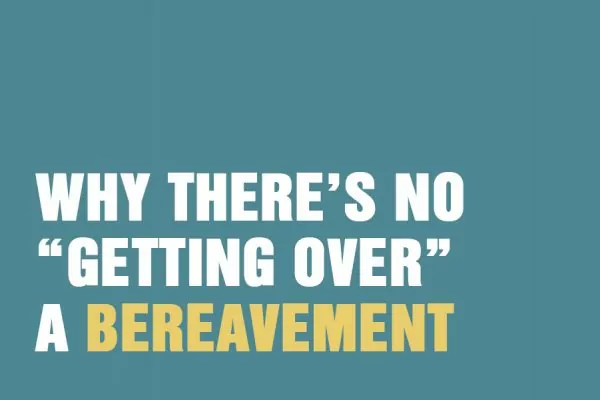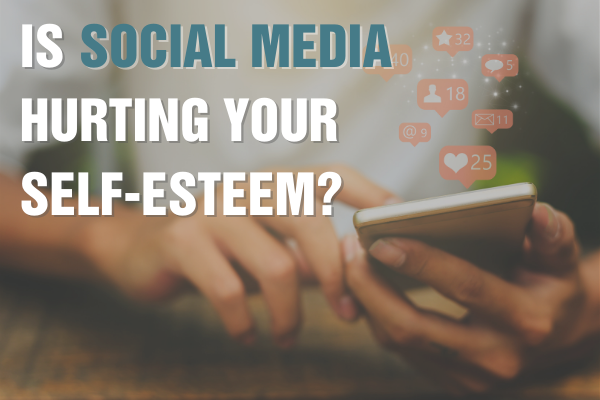At the beginning of the coronavirus pandemic, the world shifted quite rapidly to working at a distance and online. Now that the pandemic is easing and the lockdown measures are becoming more relaxed, we are all exploring how to navigate our way back into society in a safe way.
Mental health services are starting to explore how they can bring clients back into their centres and private therapists are preparing to welcome clients into their offices. But how will this work? And, what will it be like for you – the client?
How will it feel to be face-to-face?
After so many months of sheltering in our homes, avoiding being in close proximity with others, and falling into a pattern of living and working remotely, it is understandable that moving back into the world, and back into the counselling room, might be anxiety-provoking.
However, it doesn’t have to be. If you are currently seeing a counsellor online, and are preparing to move to face-to-face counselling in the near future, this is something to discuss in the weeks leading up to this change. You and your counsellor can discuss the precautions that they will be taking, how you will be making the journey, and how you feel about moving to face-to-face therapy.
A lot of the time, what happens between client and counsellor, mirrors what is happening in the client’s world outside of the therapy room. Many of us are in the process, or soon will be, of returning to our workplaces or sending the kids to school, and the emotional build-up to this will likely mirror the emotions experienced when returning to face-to-face counselling.
The thoughts and emotions that come up for you around returning to the counselling room become part of the work and, with your counsellor, you can start to work through any anxieties, fears, or even excitement that might come up.
How to prepare yourself
One of your first reactions to the prospect of returning to the therapy room might be anxiety or fear. This is understandable; lockdown measures, for many, have created a safety bubble in which you and your loved ones have lived for the past few months. It is understandable that the idea of bursting this bubble causes some anxiety.
First of all, it is important to acknowledge how you are feeling, and to talk through these feelings with your counsellor as well as talking through the logistics of returning to face-to-face counselling sessions.
In the lead up to returning to the counselling room, it might be useful to experiment with stretching your comfort zone little by little. If you are able to get out of the house on foot, then try going a little further each day. Maybe try walking the route to your counsellor’s office in the days or weeks leading up to your first face-to-face appointment to build up your comfort.
It might be that you don’t feel anxious at all, but that you actually feel excited to move forward and get back into the world. It might be that you have been going on socially distanced walks with friends, getting take away coffees from your local cafe, or even going into work (depending on your profession). You might feel more than ready to move back into face-to-face therapy and you’re actually waiting for your counsellor to catch up!
What we’ve done to help you feel safe
The safety and wellbeing of our clients and our staff is our utmost priority at The Awareness Centre, and we are continuing to follow the official guidance from the UK Government and Public Health England and the British Association of Counselling and Psychotherapy (BACP). We have installed protective glass screens in our reception areas and all our admin offices at both centres and have installed information signs internally and externally as a visual reminder to keep at a safe distanace. We have hand sanitiser and gloves available in all our consulting rooms, reception areas and toilets. Clients attending the centres for face-to-face sessions will not sit in our waiting areas at reception, but will be admitted via our intercom system and directed straight to their consultation room. The public will not be admitted into any TAC branch unless they have an appointment for therapy and face coverings will be worn in all public areas.
Communication is key
The most important thing to remember is that everyone moves at their own pace, and therefore open communication is key. We are all shifting towards the same goal, which is to move offline and back into society, but the way that we each get there is likely to vary.
If you would like to discuss starting up sessions with one of our therapists, please call us on 020 8673 4545 or email [email protected]















2 Comments. Leave new
Nice Tips! thanks for sharing useful tips that really helped me a lot.
Thank you Sara, we are so glad that this has been helpful.